When it comes to the return-to-office mandate, many companies including heavyweights like JPMorgan, Google, and Bank of America are all about getting everyone back in the cubicle and maintaining standards on office attendance.
Over time, this has caused quite a stir. But H and R Block, the tax gurus, are breaking the mold and shaking things up.
H and R Block: Tax Services Innovator
H and R Block is an American tax company that operates in Canada, the United States, and Australia. The company was founded in 1955 by brothers Henry W. Bloch and Richard Bloch.
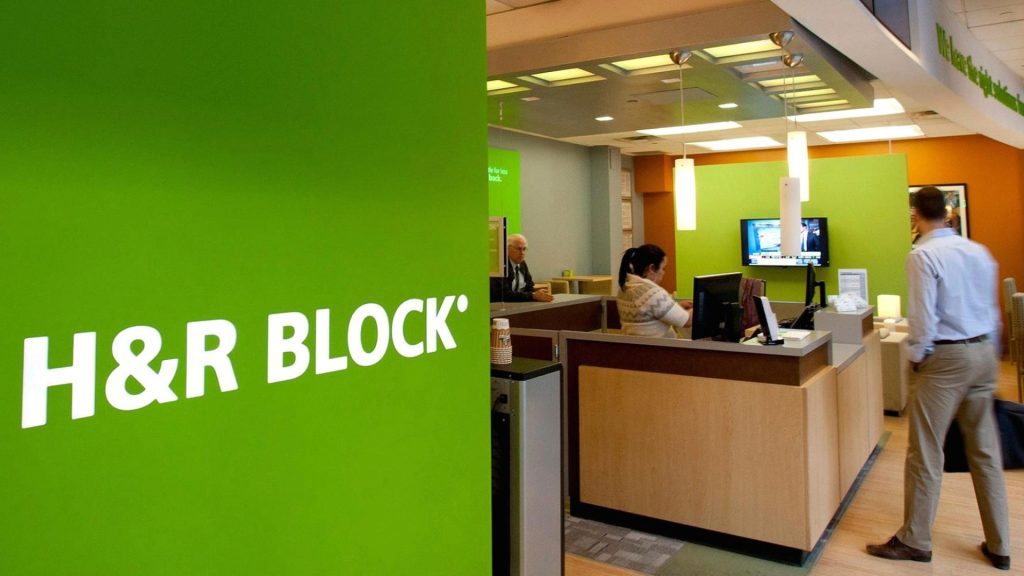
They offer services like payroll and business advice, consumer tax software, and online tax preparation/ electronic filing on their website. H and R Block spent a lot of money lobbying against the IRS to create its online tax system, similar to those in other wealthy countries.
Covid Outbreak Sparks Halts RTL Push
The company, which has around 39,000 employees, announced a new hybrid policy in March of 2021. Initially, 2,000 corporate workers were asked to come into the office from Tuesday to Thursday.
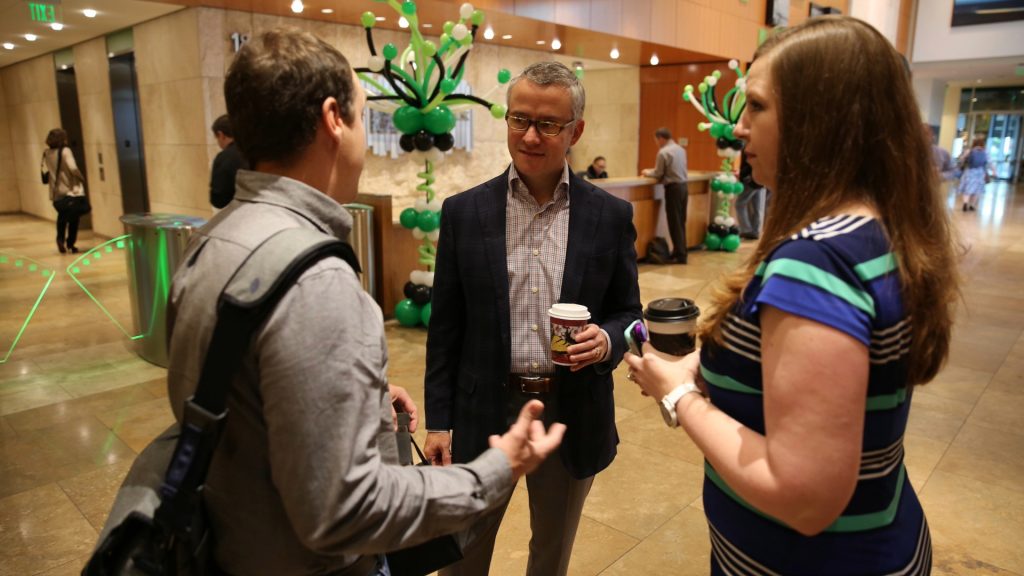
But a COVID outbreak put a pause on the RTO push. As a result, the management employed several remote corporate employees and high-performing staff who made it clear that their preference was to work from home, prompting the executive team to rethink the mandate.
No Reason To Ask People To RTO
“The combination of those steps forced us to say: What are our real beliefs on this? And why are we considering asking people to return to the office so many days of the week?” Jeff Jones, H and R Blovk’s CEO said. “And the answer to that question was: There isn’t a good reason why we would do that.”

The company then made the decision to shelve its company-wide return-to-office policy for corporate employees. Instead, they allowed individual teams to determine their own office attendance requirements.
“No Plans To Go Backward”
At present, over 610 corporate workers, comprising about 25% of H and R Block’s headquarters staff, are working from home. Additionally, the company is actively seeking to sublease half of its office space in Kansas City, which serves as its headquarters.

“We have no plan to go backward,” says Jones. “We’re taking steps that are one-way doors that you don’t reverse.”
Flexible Work Arrangements At H and R Block
Field associates, who mainly meet clients on the road across different regions, were already working remotely or in a hybrid setup prior to the pandemic, and that system has persisted since then.
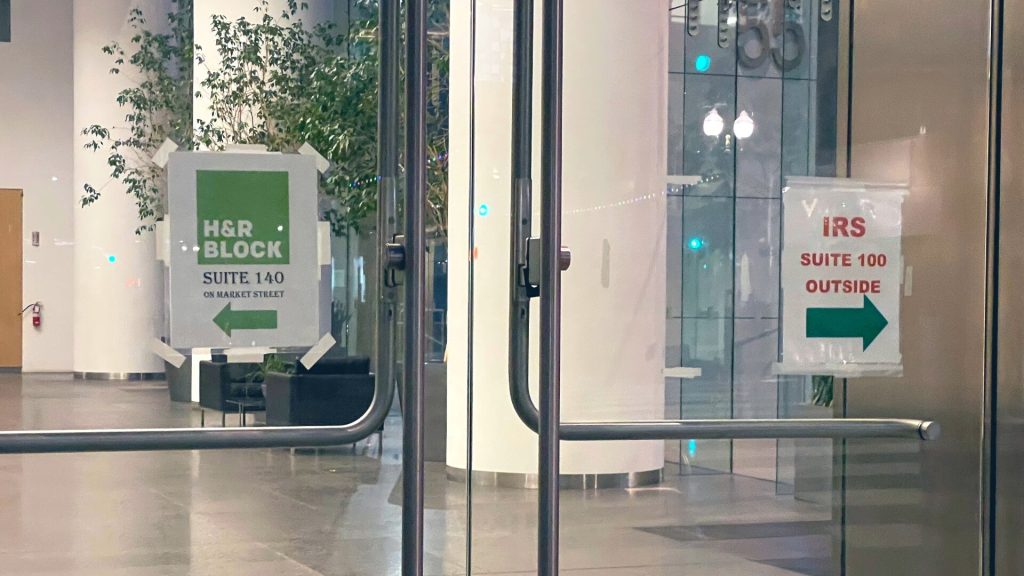
The same goes for seasonal workers hired in local H and R Block offices from January to April. Even though the company changed its return-to-office plan for corporate workers, it still organizes events where employees can gather in person.
Quarterly Gatherings: H and R Block’s Block Parties
Once every three months, the company holds “block parties” at its Kansas City headquarters, where employees come together for meetings and one-on-one discussions.

Attendance is of course optional, and although the company didn’t keep track of the number of workers who attended the last event, 550 individuals swiped their badges at the national headquarters for the most recent “block party.”
Lower Numbers At The Office
That figure is much lower during in-office presence. The company has recorded that roughly 250 individuals swipe their badges on Tuesdays through Thursdays, which are known to be the busiest days for in-office presence.

Additionally, various corporate teams organize their own meetings throughout the year. For instance, Jones mentions that the executive team meets face-to-face for a minimum of two days every month.
Confident In His Own Style
Jones acknowledges the varying return-to-office strategies adopted by other companies, but he remains confident in his choice to entrust individual teams with the responsibility of deciding their preferred work arrangements.

“I know that there are CEOs whose orientation is, ‘I want people in’ and they chose to make mandates. If that works for them, fantastic,” says Jones.
Not For Everybody, But It Works For Us
Jones mentioned that his preferred managerial style is “to hire great people,” then empower them to the best of their ability, and “hold them accountable to outcomes.”

He added that he has no interest in ‘micromanaging’ their choices to work from home or at the office or how long they decide to, just as long as “we’re delivering on our commitments,” he said. “I recognize that’s not for everybody, but it’s working well for us,” he adds.
New Research Shows That RTO Mandates Are Not Landing Well
Meanwhile, recent reports have shown how employees respond to RTO mandates by their employers, and it’s quite grim. Three notable reports—the Greenhouse Candidate Experience report, the Federal Reserve’s Survey of Household Economics and Decisionmaking (SHED), and Unispace’s Returning for Good report—collectively paint a picture of a brewing storm.
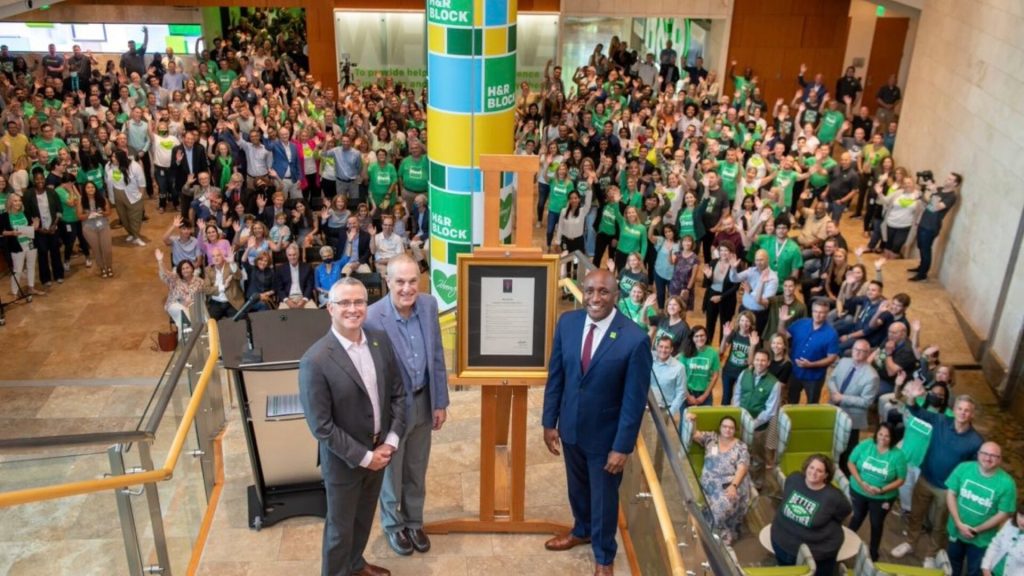
Unispace discovered that nearly half (42%) of companies implementing return-to-office mandates faced higher-than-expected employee turnover rates. Additionally, almost a third (29%) of companies enforcing office returns are encountering recruitment difficulties.
Unanticipated Consequences Of RTO Mandates
In essence, while employers anticipated some attrition due to mandates, they were unprepared for the severity of the resulting issues. According to the Greenhouse report, a staggering 76% of employees are ready to seek new opportunities if their companies end flexible work schedules.

Furthermore, employees from historically underrepresented groups are 22% more likely to explore other options if flexibility is revoked.
Flexible Work Policies Crucial For Employment
The SHED survey further highlights the seriousness of this situation. Transitioning from a flexible work model to a traditional one is equated to experiencing a 2% to 3% pay cut, according to the survey. The preference for returning to the office is much higher when it’s a matter of choice.
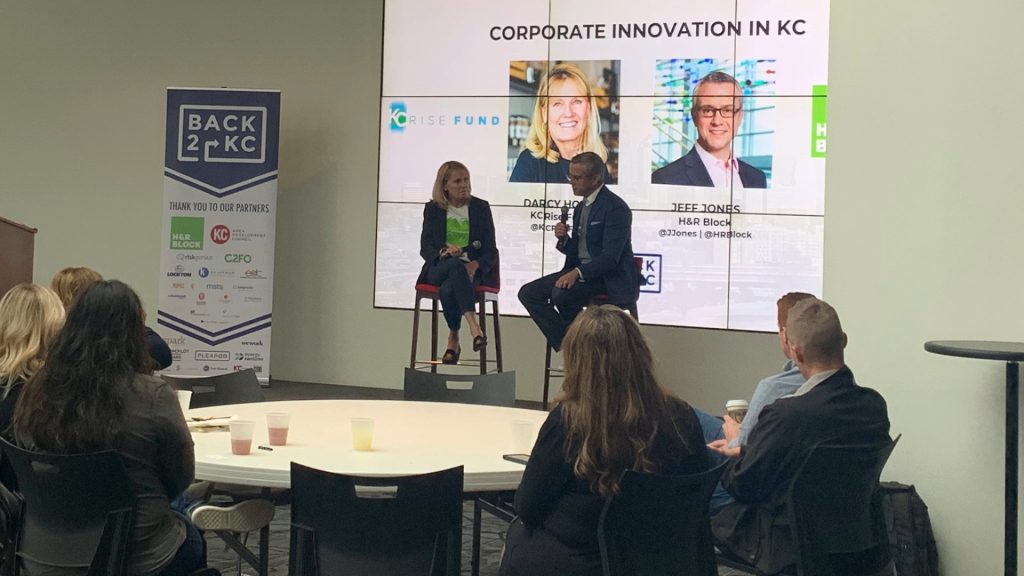
Flexible work policies have emerged as crucial for talent acquisition and retention. When we consider the Greenhouse, SHED, and Unispace reports collectively, the evidence supporting this claim becomes compelling.
Insights Into Job Preferences
Greenhouse’s findings reveal that 42% of candidates would decline job offers lacking flexibility, while the SHED survey confirms the high-value employees place on the option to work remotely a few days per week.

According to the Greenhouse report, employees prioritize factors such as increased compensation (48%), greater job security (34%), opportunities for career advancement (32%), improved flexible work policies (28%), and a positive company culture (27%).






